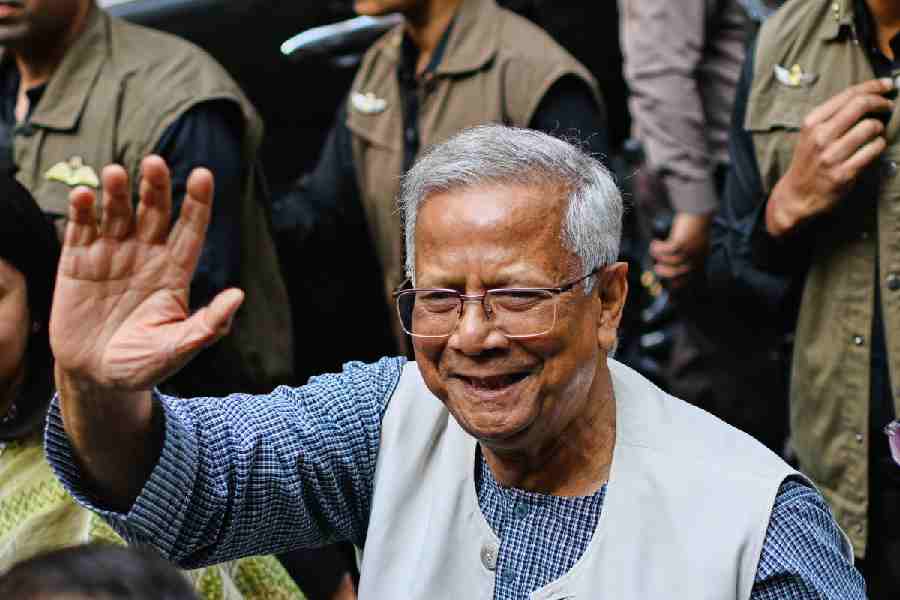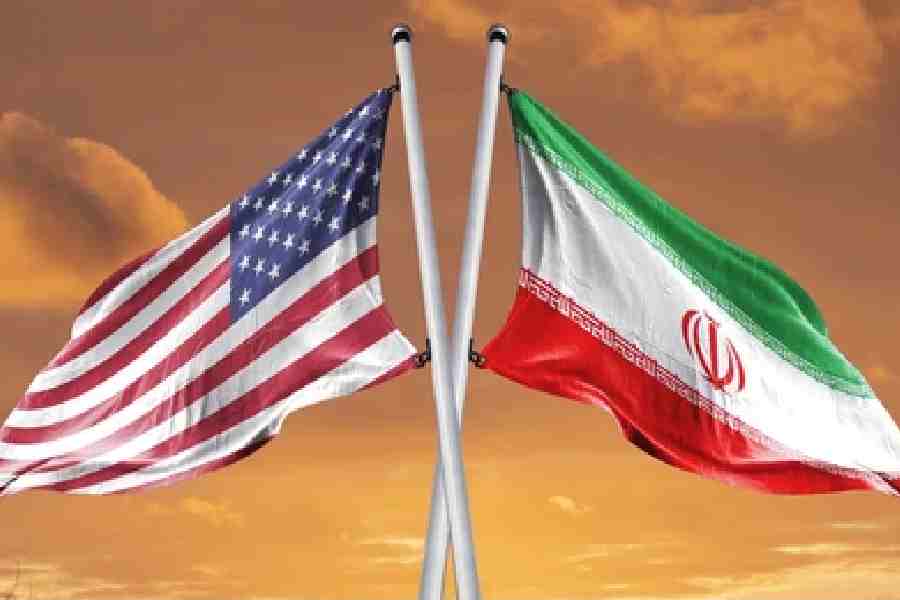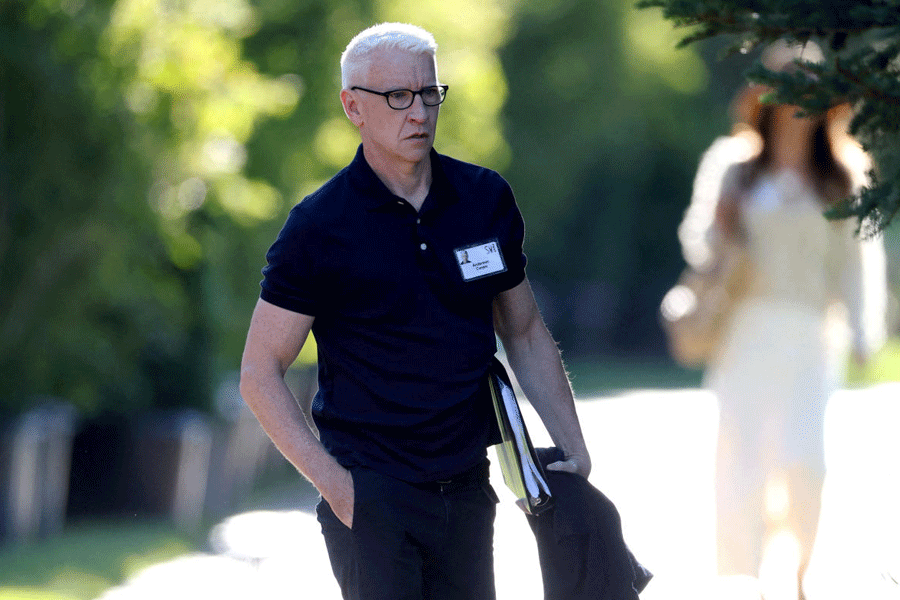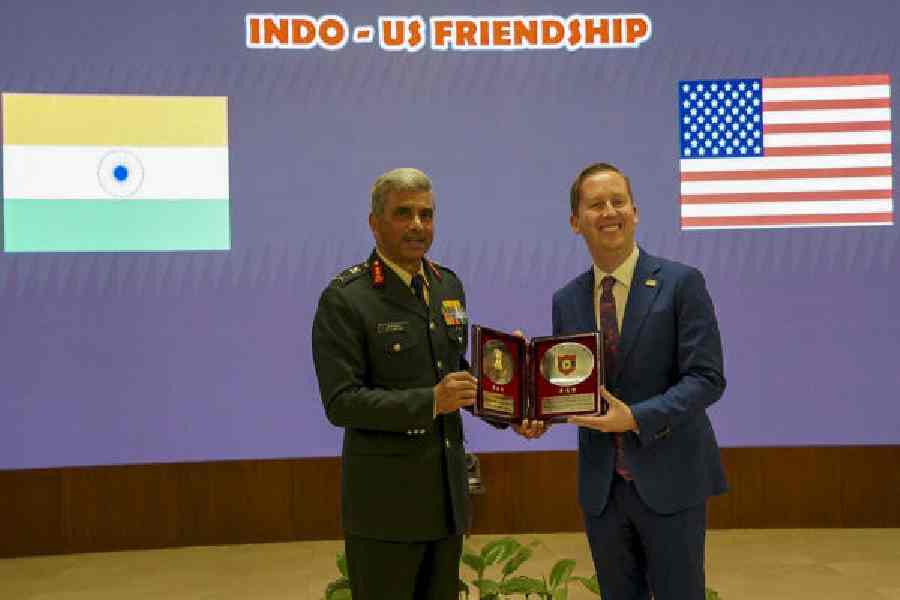Self(ish) help
Sir — The current wave of self-help books encourages readers to stop trying so hard to please others and to embrace the fine art of indifference. Bestsellers such as The Courage to Be Disliked and The Subtle Art of Not Giving a F*ck assure people that being unavailable, unbothered and slightly unpleasant is not only acceptable but admirable. The message is simple: let go of friends, dodge phone calls and feel no guilt about it. Dale Carnegie had once urged people to smile even when alone, as though forced cheerfulness could summon opportunity. Today’s authors suggest the opposite, urging withdrawal as the path to inner peace.
Bal Govind,
Noida
Competent choice
Sir — The former governor of the Reserve Bank of India, Urjit Patel, has returned to the international stage as India’s representative to the International Monetary Fund after years of silence following his resignation from the central bank in 2018. His career is a study in restraint and principle. Patel chose to leave rather than allow the government to compromise the RBI’s independence under him, a stance rare in Indian public life. His re-emergence shows that substance is not easily forgotten. At the IMF, his technical acumen will matter more than public visibility. The decision reflects India’s pragmatic recognition of competence over conflict.
Koustabh Sengupta,
Calcutta
Sir — The appointment of Urjit Patel to the IMF may be hailed as a comeback but one must not overlook the fact that his silence during demonetisation created confusion for citizens. A central banker has a duty to communicate clearly during crises. Patel’s refusal to explain decisions undermined confidence in the RBI. His technical skills are undeniable but his leadership style is open to criticism. India required a more vocal and transparent governor during its most testing economic moment.
Arun Gupta,
Calcutta
Sir — Urjit Patel’s critics often cite aloofness as a weakness. Yet distance can be a strength in public policy. He did not indulge in theatrics or public sparring, preferring substance over spectacle. At the IMF, where discussions are technical and not performative, this approach would serve Patel well. India needs someone who can quietly defend national interests, not someone chasing headlines. Patel’s return proves that integrity and professional seriousness eventually matter more than political convenience.
Birkha Khadka Duvarseli,
Siliguri
Sir — The IMF post that Urjit Patel has been nominated to demands knowledge of global capital flows, debt management, and macroeconomic stability. Patel has long specialised in precisely these areas. His training at Yale and Oxford, his early IMF experience in the 1990s, and his tenure at the RBI equip him to navigate technical debates. India will benefit from his credibility abroad. His presence at the IMF will strengthen the perception that India values expertise, even when disagreements with the government have existed in the past. This appointment is less about reconciliation and more about representation.
Sourav Ash,
Calcutta
Heed the warning
Sir — A new study warns that the collapse of the Atlantic Meridional Overturning Circulation can no longer be dismissed as a remote possibility. Researchers writing in Environmental Research Letters argue that the system is edging closer to a tipping point, with the trigger potentially being crossed within decades. While the actual shutdown may not occur until late in this century or the next, the finding is a stark reminder of how global warming is reshaping Earth’s climate engines.
Nibedita Das,
Calcutta
Sir — The warning that the AMOC may collapse within the next century should command urgent attention. This is not an obscure scientific finding; the AMOC is a planetary thermostat. Its failure would bring colder winters to Europe, altered monsoons in Asia, and food insecurity across continents. Politicians who treat climate change as a matter of electoral convenience ought to read the evidence. The margin for delay is gone.
T. Ramadas,
Visakhapatnam
Noisy ride
Sir — The rise of the mobile speakerphone has turned public transport into a shared punishment. Trains and buses have become stages for unsolicited talk shows, cooking tutorials, and motivational sermons. London’s transit authority is thus right to promote headphones because shared spaces require shared responsibility. The contrast with Japan’s quiet Shinkansen only sharpens the point. India may thrive on noise, but even here, a touch of civility would help. No traveller should be compelled to overhear another’s break-up or voice note in cinematic surround sound.
Raees Haneef,
Mumbai
Disgraceful
Sir — The state of Calcutta’s roads is disgraceful. The civic body has failed to live up to its mandate.
Kiran Agarwal,
Calcutta










